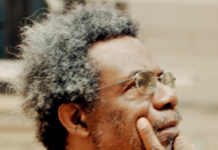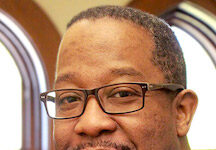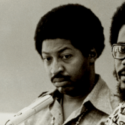 The Center for Minority Serving Institutions at Rutgers University in New Jersey has published a new infographic that explores trends across presidents at historically Black colleges and universities (HBCUs).
The Center for Minority Serving Institutions at Rutgers University in New Jersey has published a new infographic that explores trends across presidents at historically Black colleges and universities (HBCUs).
The study finds that 52 percent of HBCUs presidents came from positions associated with academic affairs, such as provost. One of every 10 HBCU presidents had a background in student affairs. Some 8 percent of HBCU presidents came from government or politics and 6 percent came from the business world. Another 5 percent had backgrounds in fundraising.
The report found that 72 percent of HBCU presidents were serving for the first time as CEO in higher education. More than three-fifths of HBCU presidents earned their undergraduate degrees at an HBCU. Only 11 percent of HBCU presidents hold a doctoral degree from an HBCU. Howard University has graduated the most students who went on to lead a HBCU.
One third of all HBCU presidents were members of a Black sorority or fraternity.











